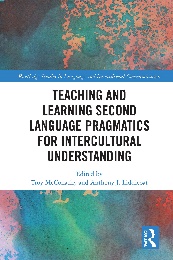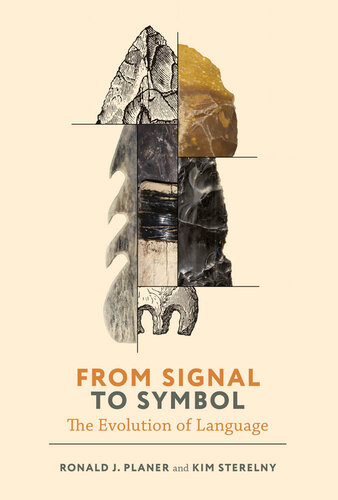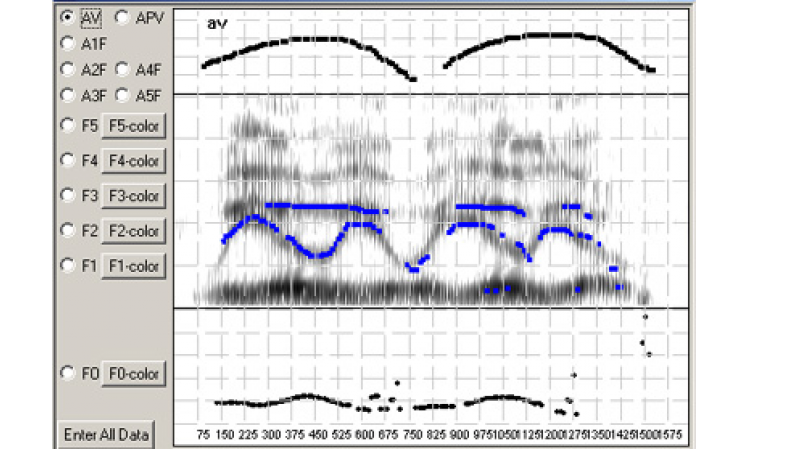1951 阅读 65 下载 2021-11-10 09:35:01 上传 1.44 MB
Teaching and Learning Second Language Pragmatics for Intercultural Understanding等2则书讯
今日推出2则书讯:
①2022年最新专著Teaching and Learning Second Language Pragmatics for Intercultural Understanding
欲获取更多关于此书的资讯,请添加“语言学小电”的微信13764179404进行咨询!
②2021年最新专著From Signal to Symbol: The Evolution of Language
【温馨提示】本平台仅提供相关书讯,其中可能涉及的文献代传服务与本平台无关,敬请自行与“语言学小电”联系!
封面 | 概况 | 书讯类型 |
| 【书名】:Teaching and Learning Second Language Pragmatics for Intercultural Understanding 【作者】:Troy McConachy, Anthony J. Liddicoat (eds.) 【年份】:2022年 【简介】:有关二语语用教学的一本论文集 This book reflects on the ways in which metonymy and metaphor are used conceptually and linguistically to mitigate the more difficult dimensions of death and dying, setting out a unique line of research within Conceptual Metaphor Theory.
The volume argues that metonymic and metaphoric descriptions of death and dying reflect taboos, concealment, and other considerations not found in figurative descriptions of life, producing distinct forms of euphemism, frames, and mental spaces particular to conceptualisations of death. The first part takes a closer look at metonymy to illuminate the ways in which it allows a person to zoom in on death’s more inoffensive dimensions or zoom out from its more troubling aspects. The second part focuses on the more palatable concepts which metaphorically structure and help to better understand death. A wide range of classical and modern examples from European, Asian, Australian, and African languages and cultures showcase points of overlap and divergence.
Opening up new lines of inquiry into research on death and dying and offering a linguistically focused complement to anthropological and religious studies on the topic, this book will be of interest to scholars in cognitive linguistics, sociolinguistics, cross-cultural communication, and cultural studies. | 此书讯“语言学小电”提供,感兴趣可添加“语言学小电”的微信13764179404进行咨询! |
| 【书名】:From Signal to Symbol: The Evolution of Language 【作者】:Ronald Planer, Kim Sterelny 【年份】:2021年 【简介】:A novel account of the evolution of language and the cognitive capacities on which language depends. In From Signal to Symbol, Ronald Planer and Kim Sterelny propose a novel theory of language: that modern language is the product of a long series of increasingly rich protolanguages evolving over the last two million years. Arguing that language and cognition coevolved, they give a central role to archaeological evidence and attempt to infer cognitive capacities on the basis of that evidence, which they link in turn to communicative capacities. Countering other accounts, which move directly from archaeological traces to language, Planer and Sterelny show that rudimentary forms of many of the elements on which language depends can be found in the great apes and were part of the equipment of the earliest species in our lineage. After outlining the constraints a theory of the evolution of language should satisfy and filling in the details of their model, they take up the evolution of words, composite utterances, and hierarchical structure. They consider the transition from a predominantly gestural to a predominantly vocal form of language and discuss the economic and social factors that led to language. Finally, they evaluate their theory in terms of the constraints previously laid out. | 此资源由网友提供 |















